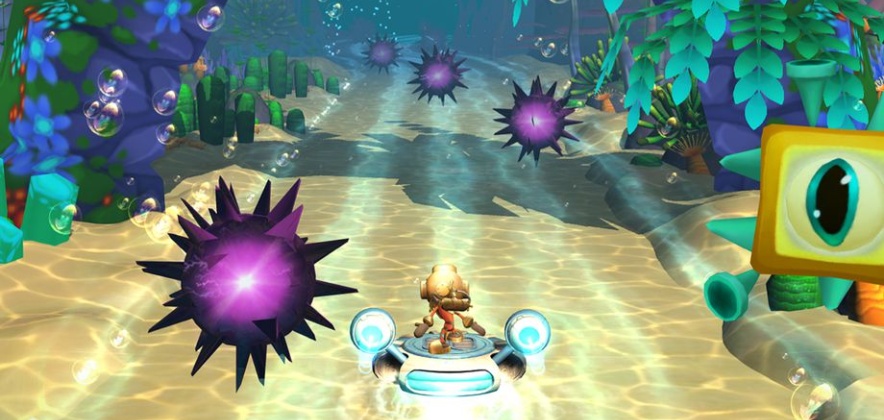
The basis of a sustainable training path is the analysis of certain factors and the passing of certain stages that enable it to be predictive. The effectiveness of training design, in fact, depends, in large part, on a subject's ability to invest in one’s talent, to consider the resources available, to admit his or her own criticalities, and to understand the possibilities that an area offers with respect to his or her own expectations and ambitions. The paper reports the description of an orientation experience carried out with young adults engaged in the choice of a university pathway for which a serious game was used in an educational key and as an exploratory tool of inclinations (Spangenberger et al., 2018, pp. 253-264; Chen, 2005, p. 17), through which the participant, were able to explore and understand what factors and phases to contemplate before making the choice of an educational pathway and, consequently develop awareness of the meaning of sustainability applied to education. The serious game, used in this experience, was of great support to the participants in centring the objective of the training intervention, which was to facilitate the gradual exploration of these factors and phases, through involvement in captivating challenges that are increasingly in-depth but capable, at the same time, of generating well-being, gratification and fun, because interpreted in a playful manner, aspects, these just mentioned, that are known to be catalysts for learning and self-knowledge (Locke & Latham, 2006; Nguyen et al, 2017; Halbrook et al., 2019).
 Classified "A" by ANVUR in the fields 11/D1, 11/D2 Scientific in the field 14.
Classified "A" by ANVUR in the fields 11/D1, 11/D2 Scientific in the field 14.










